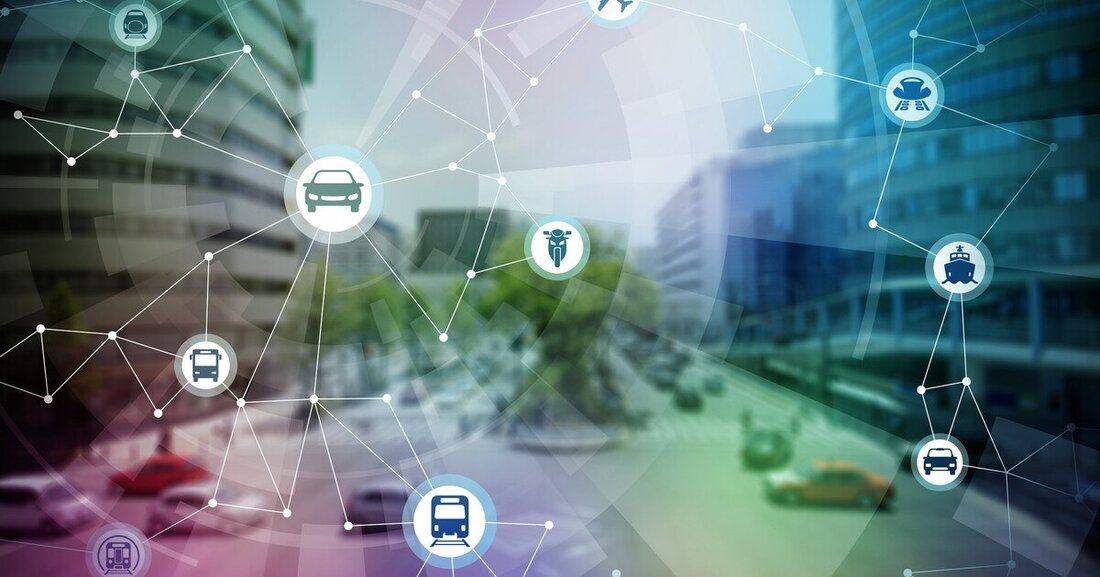Corona is changing mobility behavior
A current study by the parking app EasyPark shows a shift in means of transport and a digitalization boom in parking.

Corona is changing mobility behavior
The corona pandemic has made everyday life in Austria more digital and has also affected areas in which digitalization has previously progressed rather hesitantly - such as parking behavior. While around 46 percent of drivers with smartphones previously used parking apps, another 13 percent did so during the pandemic. This is also due to the fact that many people avoided public transport and even one in two people preferred to use their own vehicle. This is shown by a current study by the Swedish parking app EasyPark. EasyPark is the international market leader for smart parking solutions and is already represented in over 2,200 cities in Europe*.
One in two people preferred to drive
"During the Corona crisis, private transport increased significantly - according to the study, 50 percent of those surveyed preferred to drive by car and avoided public transport, one in six commuted less to work. And even though many are now increasingly relying on public transport again, we see that the Corona crisis has given parking apps a sustainable boost. This is also underlined by the data on payment methods: Was it social distancing that first caused consumers to move away from cash and buying parking tickets in tobacconists? "This habit has been firmly established," says Markus Heingärtner, Country Director for Austria at Easypark, summarizing the most important findings from the study.
One in five (19 percent) bought fewer parking tickets from parking ticket machines during Corona, 18 percent stopped buying parking tickets in tobacconists. 13 percent, on the other hand, only started using parking apps during the pandemic or increased their use.
Overall, Corona has had a positive impact on the use of parking apps: 42 percent of those surveyed said they have used more contactless payment options when parking since the start of the pandemic. The increase in first-time users can be observed primarily among young people (18-29 years old).
Smart parking for climate protection
According to EasyPark, 20 to 30 percent of city traffic is spent looking for a parking space at the destination. Through smart parking solutions that "mediate" between free parking spaces and those looking for a parking space, this traffic volume can be reduced by half: "More than a tenth of the total inner-city traffic could be avoided through smart parking space management. This is an important contribution to climate protection and the achievement of climate goals," says Heingärtner. That's why, in addition to digital payment options, EasyPark also offers numerous additional functions, such as “FIND”. Specifically, the app provides information and routes where the driver is most likely to find a parking space. To do this, the transaction data generated in the app is supplemented by survey data across the entire city, thus enabling precise traffic and parking space forecasts.

 Suche
Suche
 Mein Konto
Mein Konto